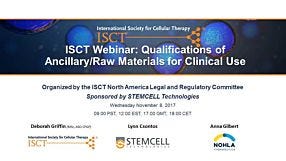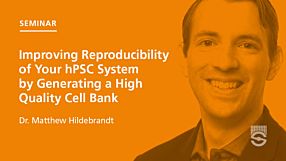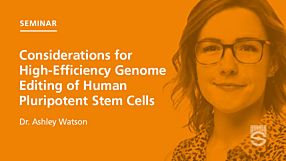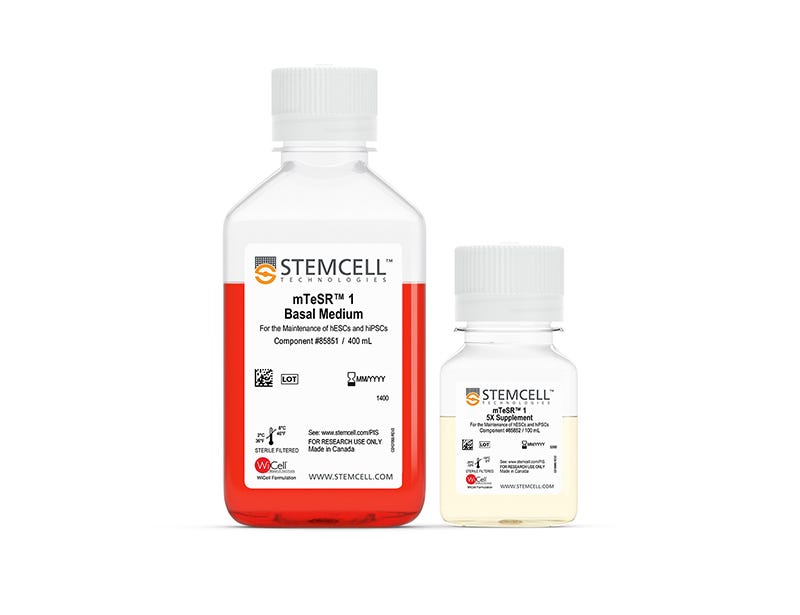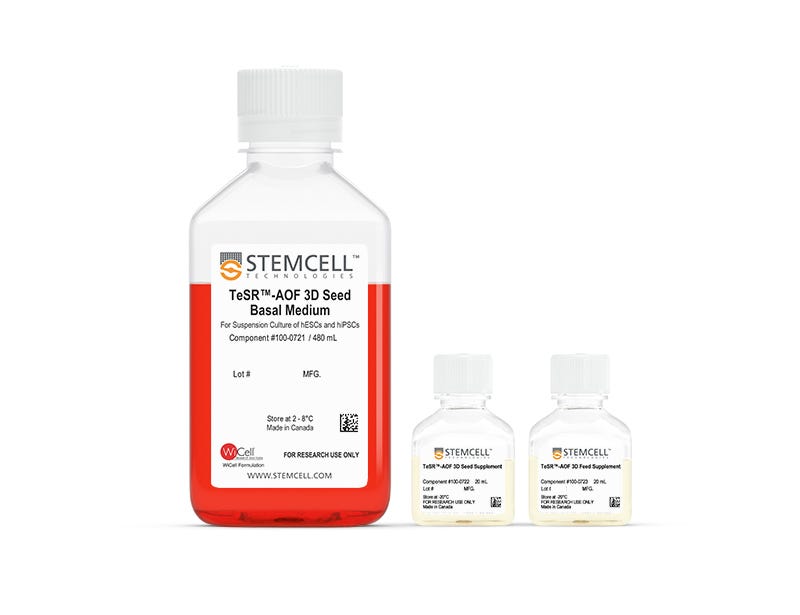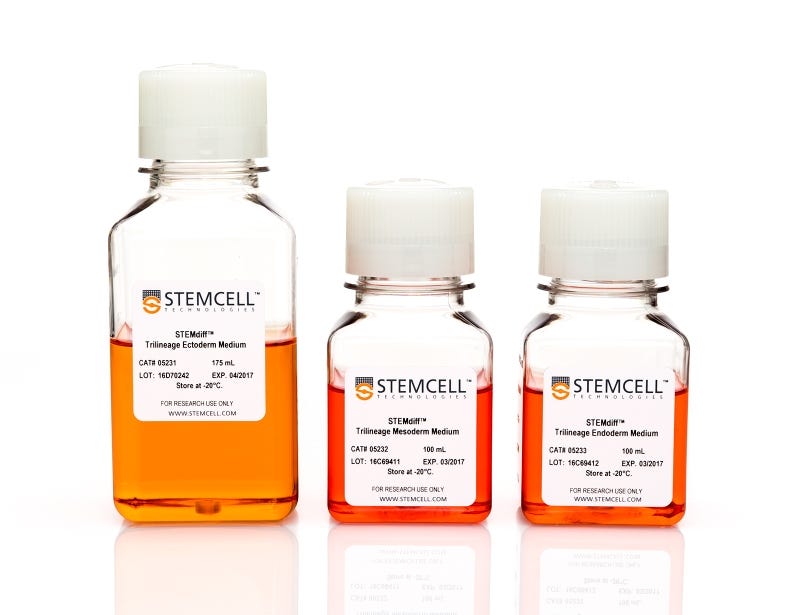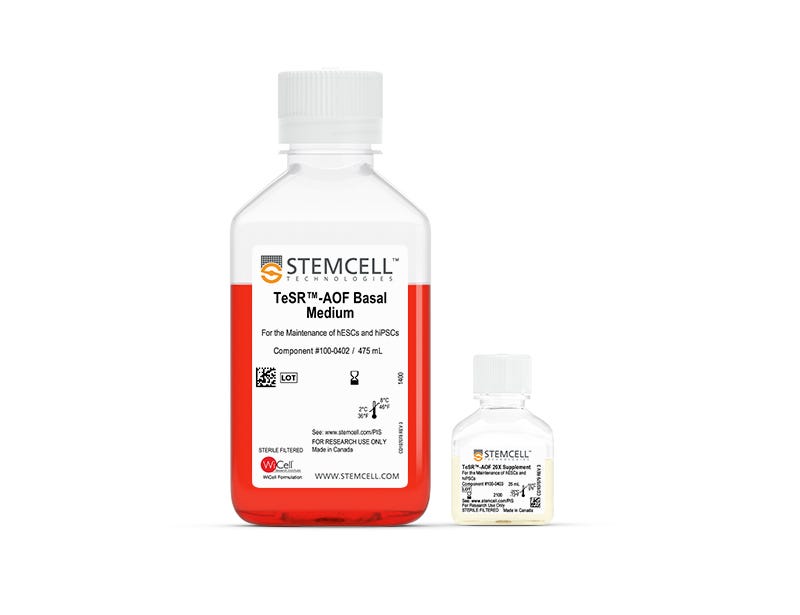Quality Control Guidelines for Clinical-Grade Human Induced Pluripotent Stem Cell Lines
In this talk, Andrew Gaffney is joined by Stephen Sullivan from the Global Alliance for iPSC Therapies (GAiT) to discuss the importance of iPSC characterization as well as risks and mitigation strategies involved in creating a cell therapy.
About the Speakers
Dr. Stephen Sullivan is a program manager at the Global Alliance for iPSC Therapies (GAiT). Since 2017, Dr Sullivan has overseen operations at GAiT, supporting implementation and clinical application of therapies derived from pluripotent stem cells for the benefit of patients globally.
Dr. Andrew Gaffney completed his PhD in Pediatric Oncology from the University of Leeds, UK, where he successfully established a human embryonic stem cell disease model of Ewing’s sarcoma. Currently, Andrew works closely with renowned stem cell scientists in both industry and academia to monitor the requirements needed for establishing successful hPSC-based disease models, drug screens, and cell therapy applications, as part of STEMCELL’s Strategic Alliances.
Request Pricing
Thank you for your interest in this product. Please provide us with your contact information and your local representative will contact you with a customized quote. Where appropriate, they can also assist you with a(n):
Estimated delivery time for your area
Product sample or exclusive offer
In-lab demonstration
